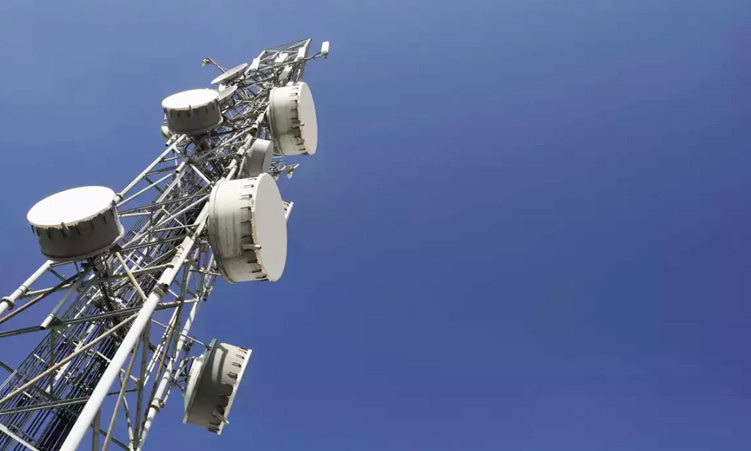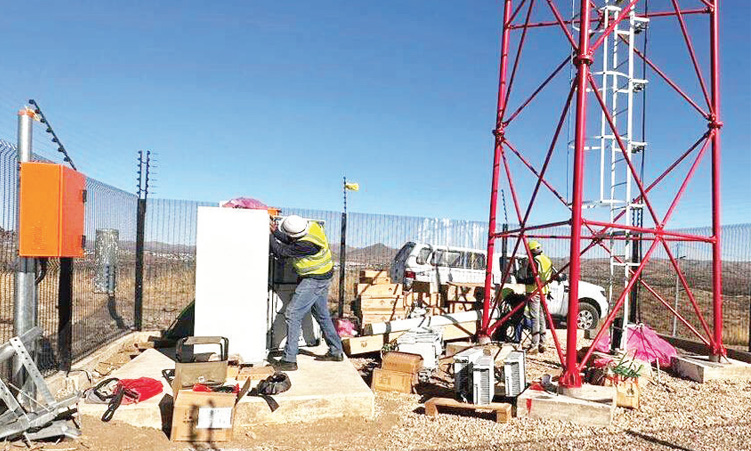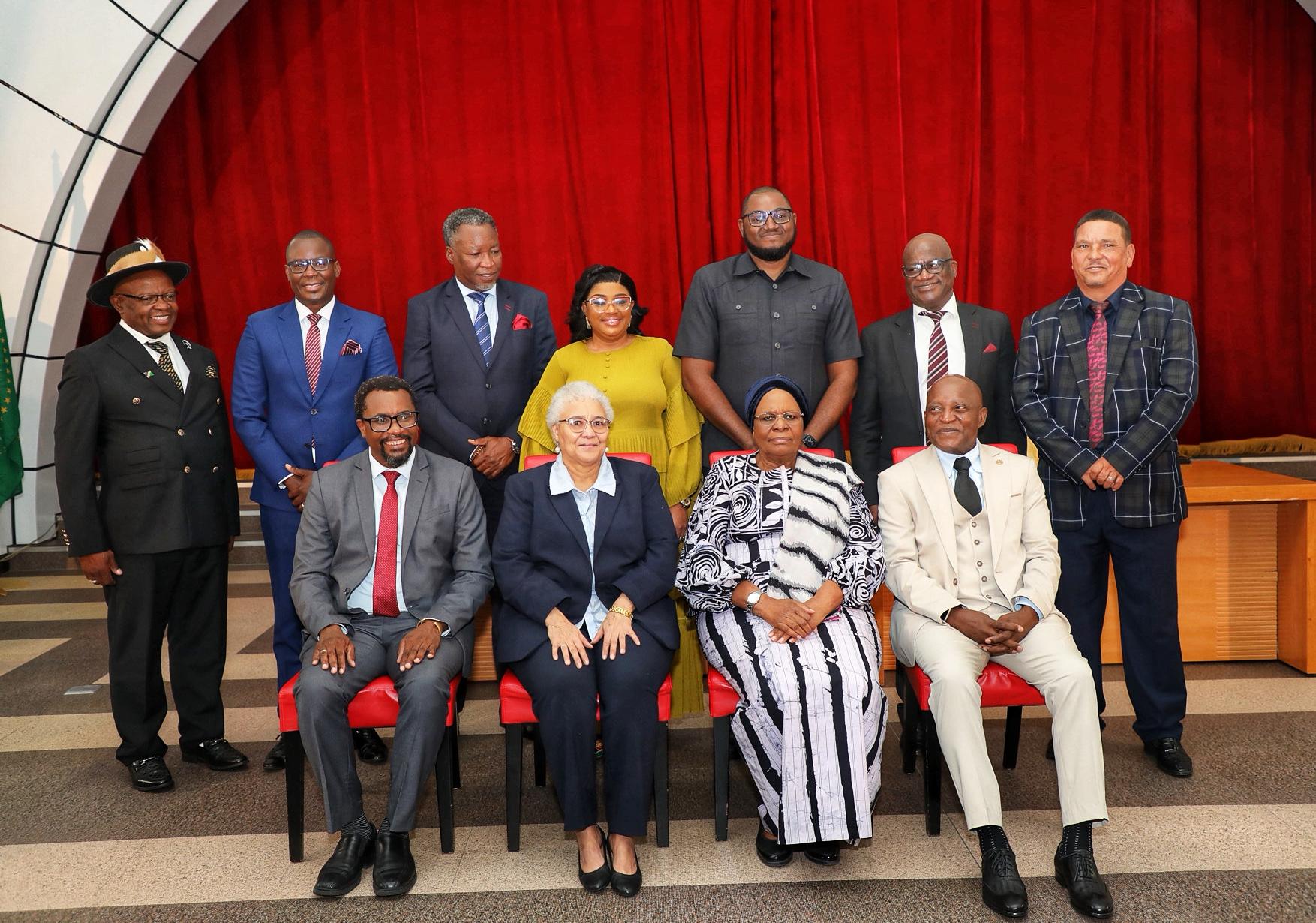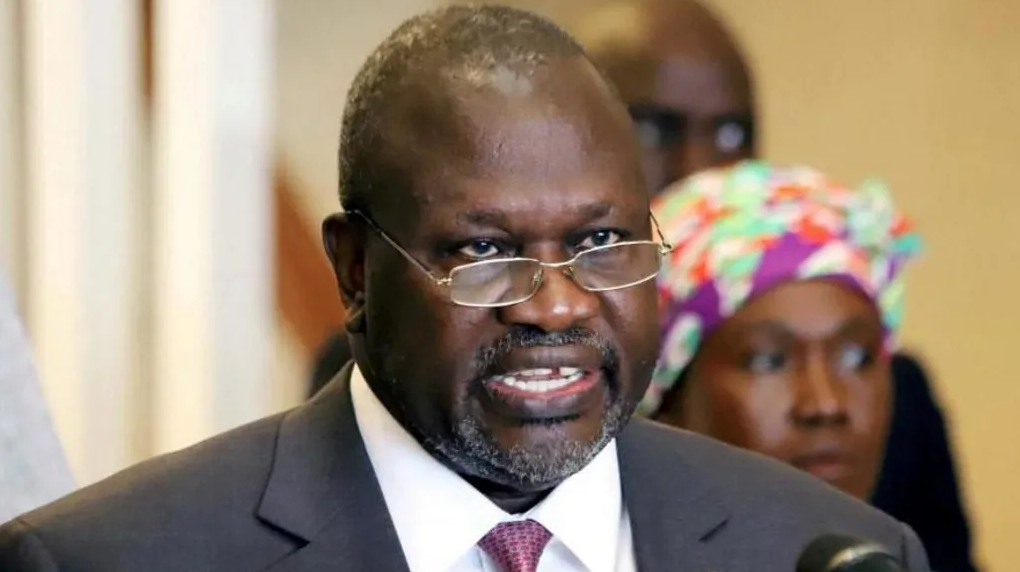State dominance in Namibia’s telecommunications market is pushing out private players and leaving consumers at the mercy of high data prices and services.
A recent study by the Communications Regulatory Authority of Namibia (Cran) says Telecom Namibia and Mobile Telecommunications Limited (MTC) continue to dominate the country’s fibre, wired and wireless network, as well as 4G services.
Cran’s study on the dominant position in the telecommunications market in Namibia was gazetted last month.
It found that Telecom dominates in national data transmission and wired access whereas MTC controls the wireless end-user access.
The determination was done based on the company’s market share, control of some infrastructure, dominance to exercise power in the market, and the position in a market or a relationship with providers in another country.
Namibia has 18 719km of fibre cables of which Telecom owns 10 663, representing 57%.
Regions with the most fibre coverage are //Kharas, Otjozondjupa, Erongo, Hardap and Khomas.
More than 85% of the fibre routes are owned by Namibia Power Corporation (NamPower) and Telecom. NamPower holds 28% and Telecom controls 57%.
MTC controls 9% and Paratus 6% of fibre routes across the country.
“Telecom Namibia also controls infrastructure that is necessary for provision of services and is able to exercise power in the market, also making it a dominant operator,” the gazette reads.
On the 4G population coverage in Namibia, MTC controls almost 90% of the coverage.
“MTC has a national 4G population coverage of 88%. Telecom Namibia’s 4G coverage stood at 49% in February 2024,” the study says.
“Telecom Namibia’s subscriber market share is 17%, but it does operate a country-wide mobile network, controlling infrastructure necessary for provision of telecommunications services and has market power through its national fibre network for mobile data and is, therefore, able to exercise power in the market.”
– Cran
Namibia has 178 600 wired end-user access, with Telecom controlling 159 900, Paratus 9 400, MTC 8 900, and other compamies controlling 263.
“Telecom Namibia’s subscriber market share was 90% at the end of 2023 and such market share enabled Telecom to act independent of its competitors,” the study reveals.
Wireless end-user access is mostly controlled by MTC with 2,1 million users and the next closest to this number is Telecom with 454 447 users. This includes call and SMS origination as well as internet access via mobile phone, dongle, wireless modem, wireless router, or VSAT terminal.
The overall number of users is 2,6 million.
“MTC’s market share in subscriber terms was 82% at the end of 2023 and Telecom Namibia at 17%. Paratus does not yet have a significant number of wireless subscribers, only 0,3%,” the study says.
These operators were given the right to raise their concerns and MTC pointed out that the amount of registered SIM cards does not equal the amount of active cards.

MTC is reported to have 83% of registered SIM cards in the market, with the remaining held by Telecom.
“The number of registered SIM cards cannot be used as criteria to determine dominance, as not all registered SIM cards are used for internet access. The actual figure of SIM cards pertinent to internet services should be considered as a fair assessment for dominance,” the gazette reads
MTC also submitted that the study does not specify in which other fixed wireless services Paratus has a 59% market share.
“Such services should be specified and Paratus should be declared dominant in those services. Similarly, Telecom Namibia’s dominance of 75% in fixed wireless and Paratus’ dominance of 36% in VSAT should be considered separately and specifically identified to be declared dominant,” the company says.
MTC spokesperson Tim Ekandjo yesterday told The Namibian that dominance is not their focus.
“Striving to better serve the Namibian house is focal. That is why we continue to invest in relevant infrastructure and technology, and in research and innovation that enable us to offer solutions that speak to market demands,” Ekandjo said.
Digital change strategist Paul Rowney has previously said the level of competition among service providers can influence service quality.
“In some areas, a lack of robust competition leads to complacency, affecting service delivery standards,” he said.
Telecom Namibia did not respond at the time of going to print.
Stay informed with The Namibian – your source for credible journalism. Get in-depth reporting and opinions for
only N$85 a month. Invest in journalism, invest in democracy –
Subscribe Now!










